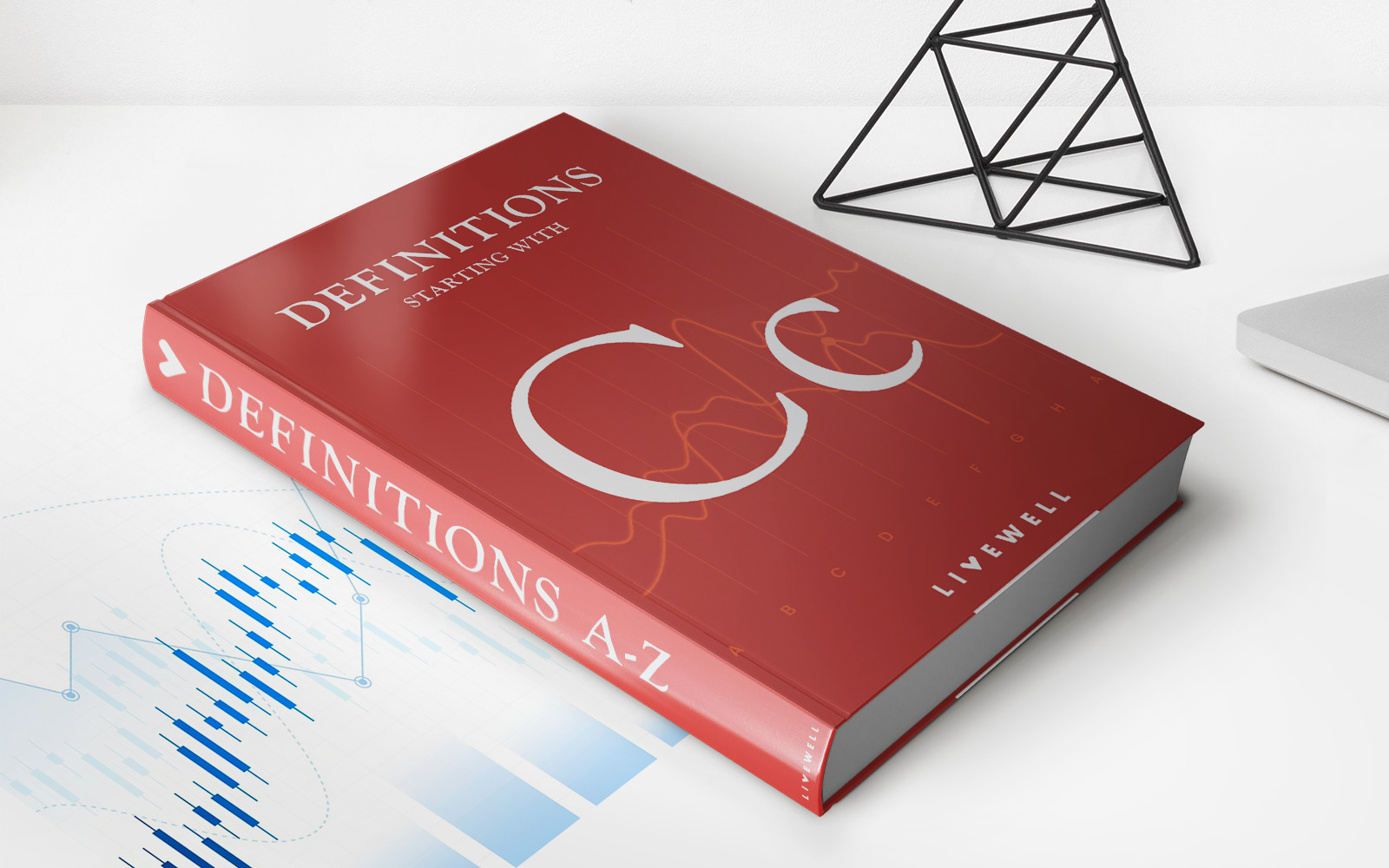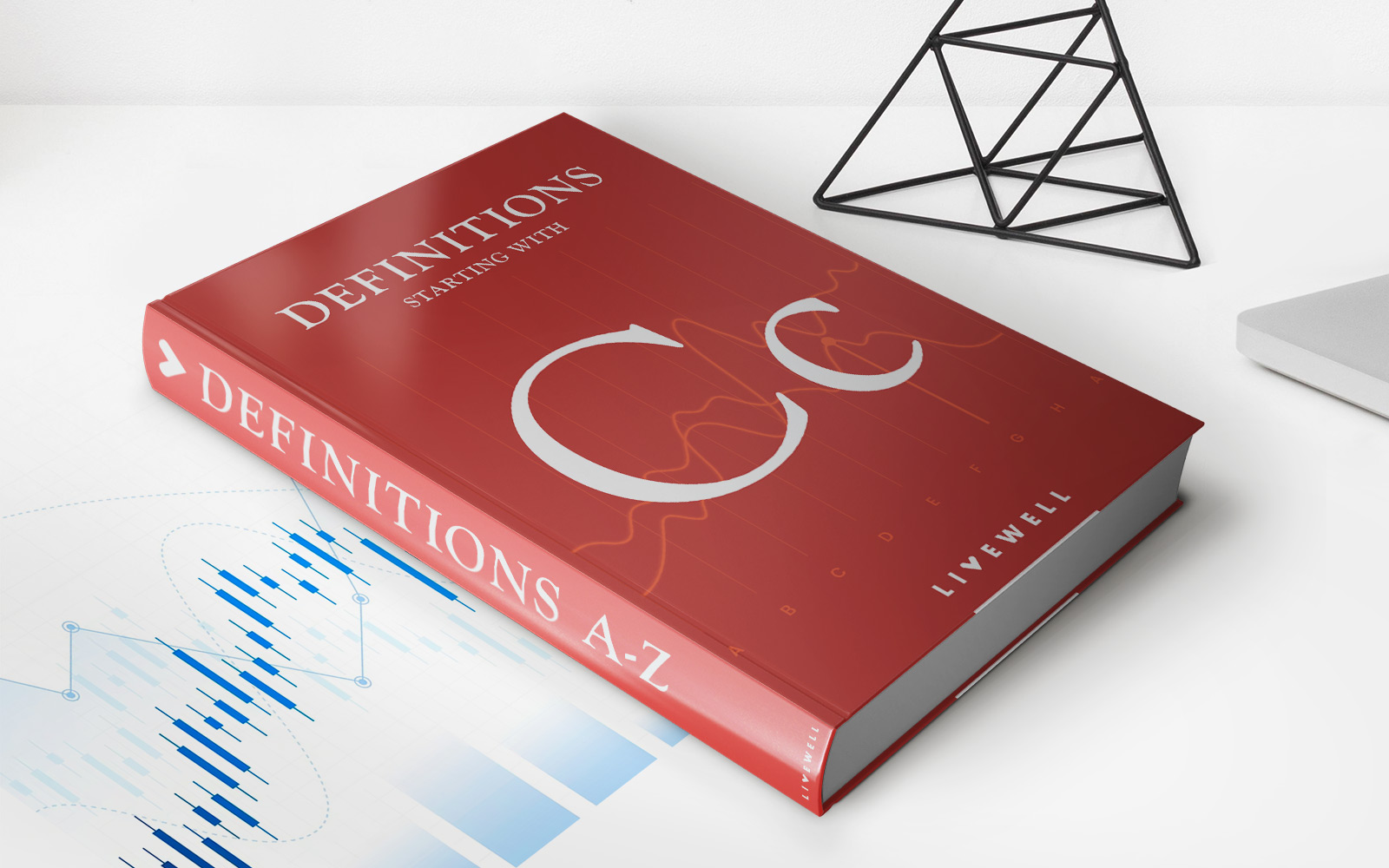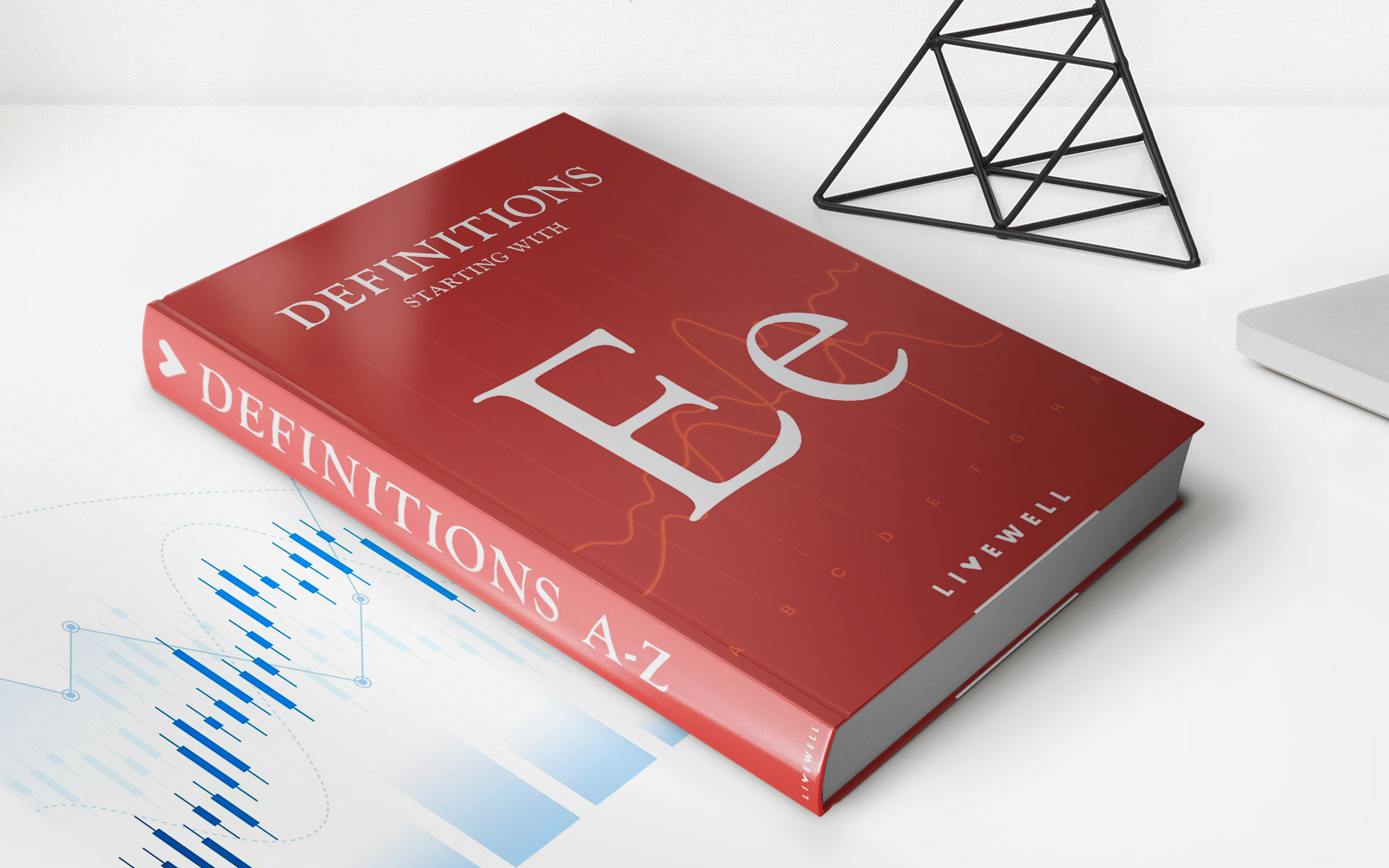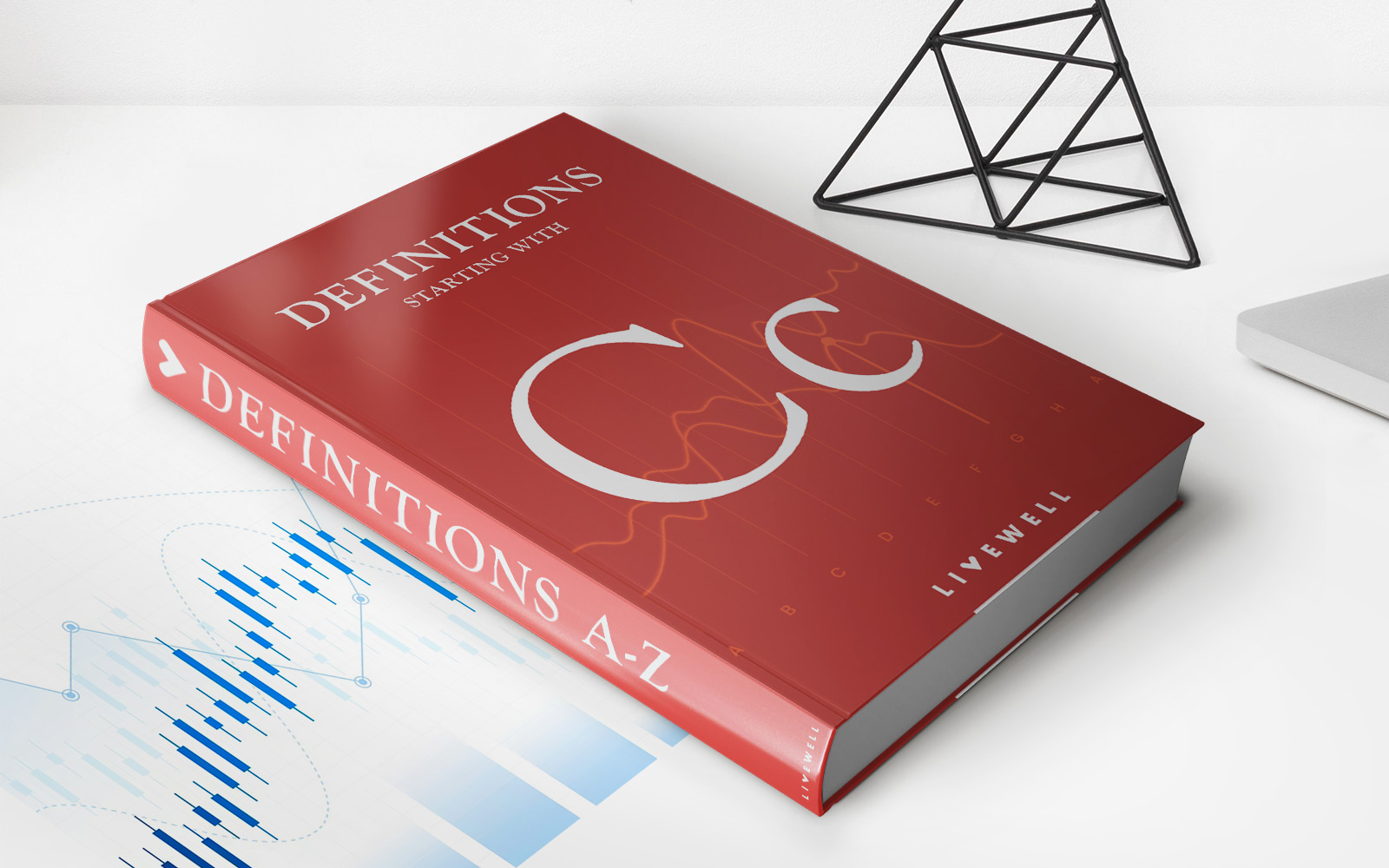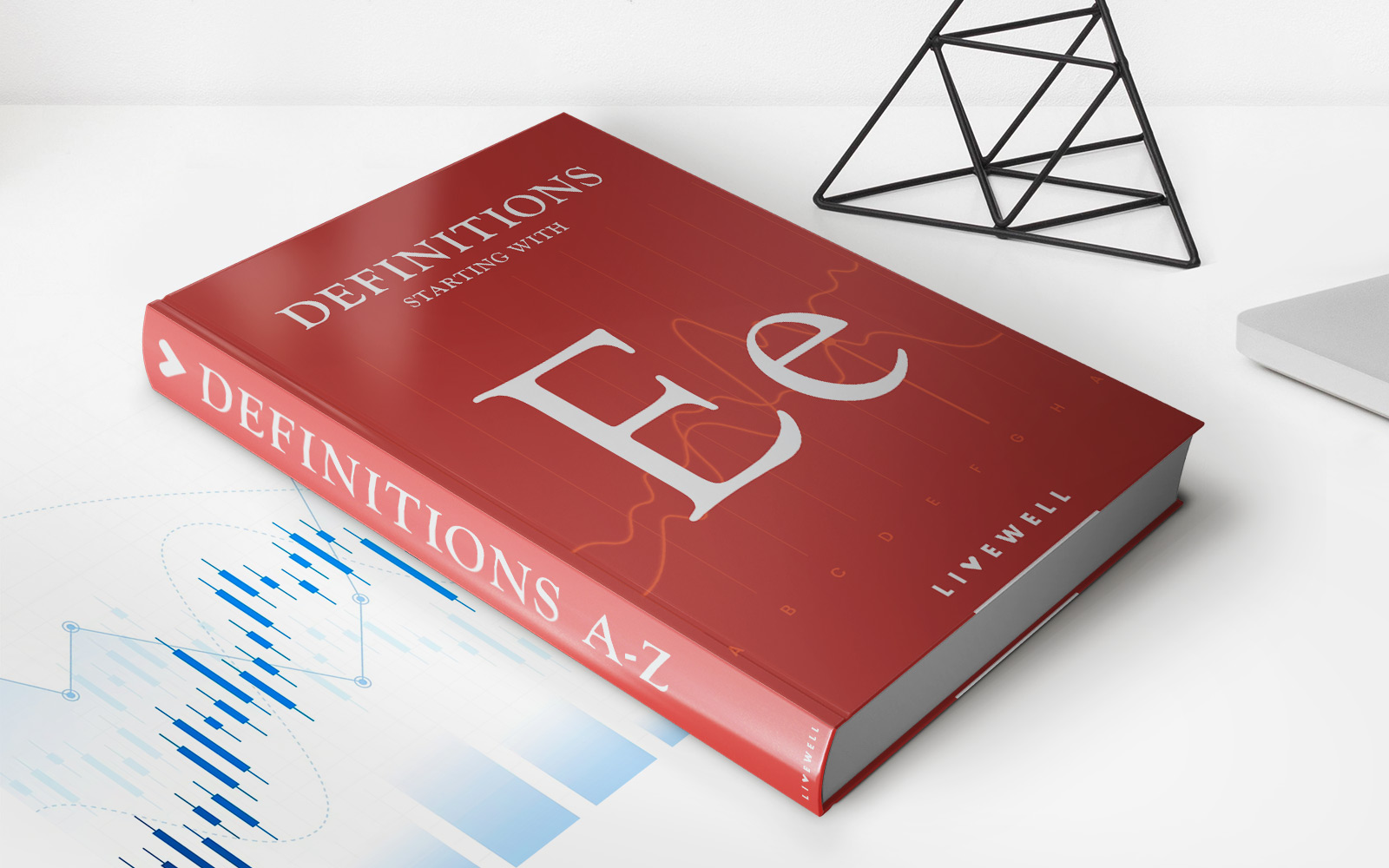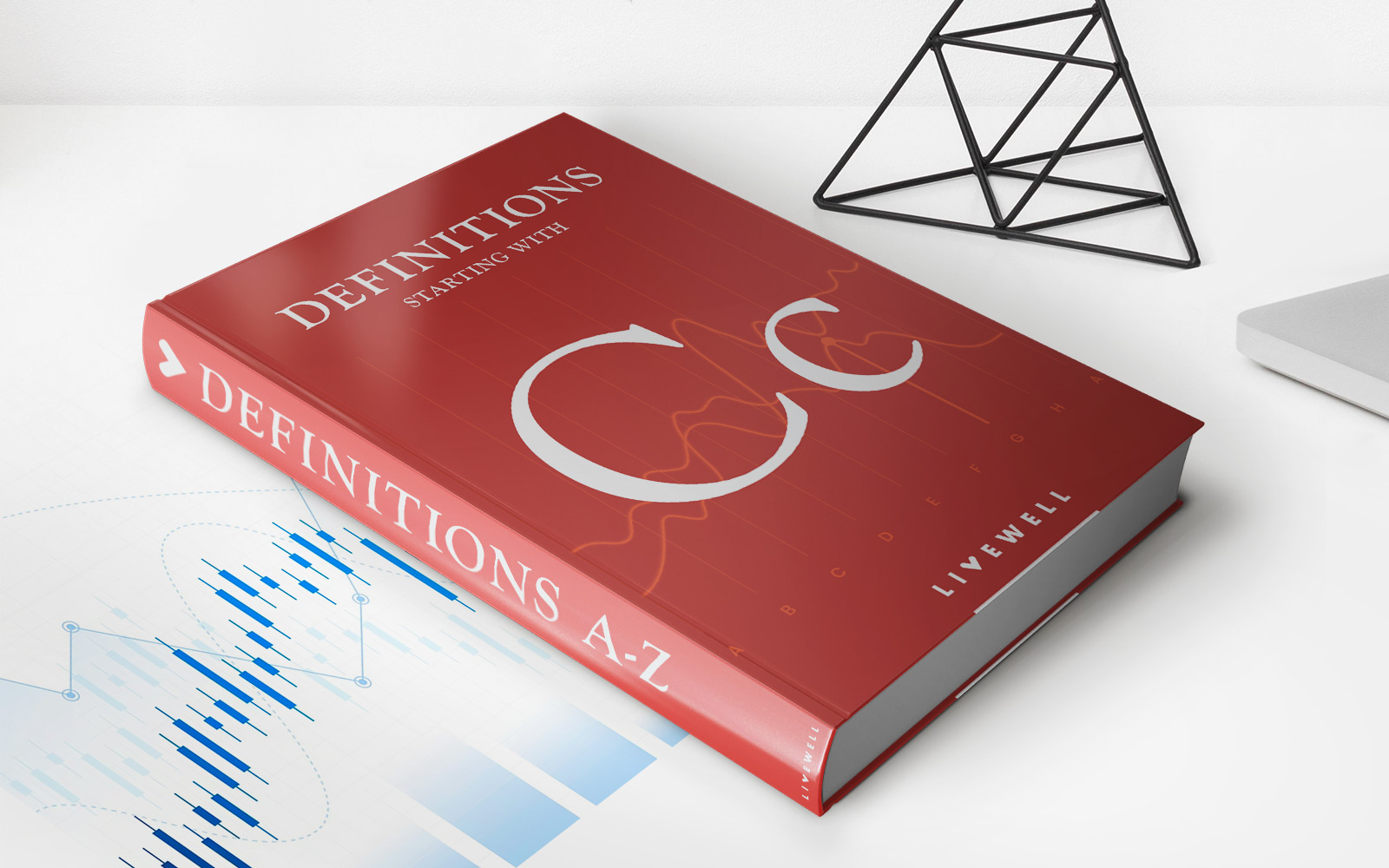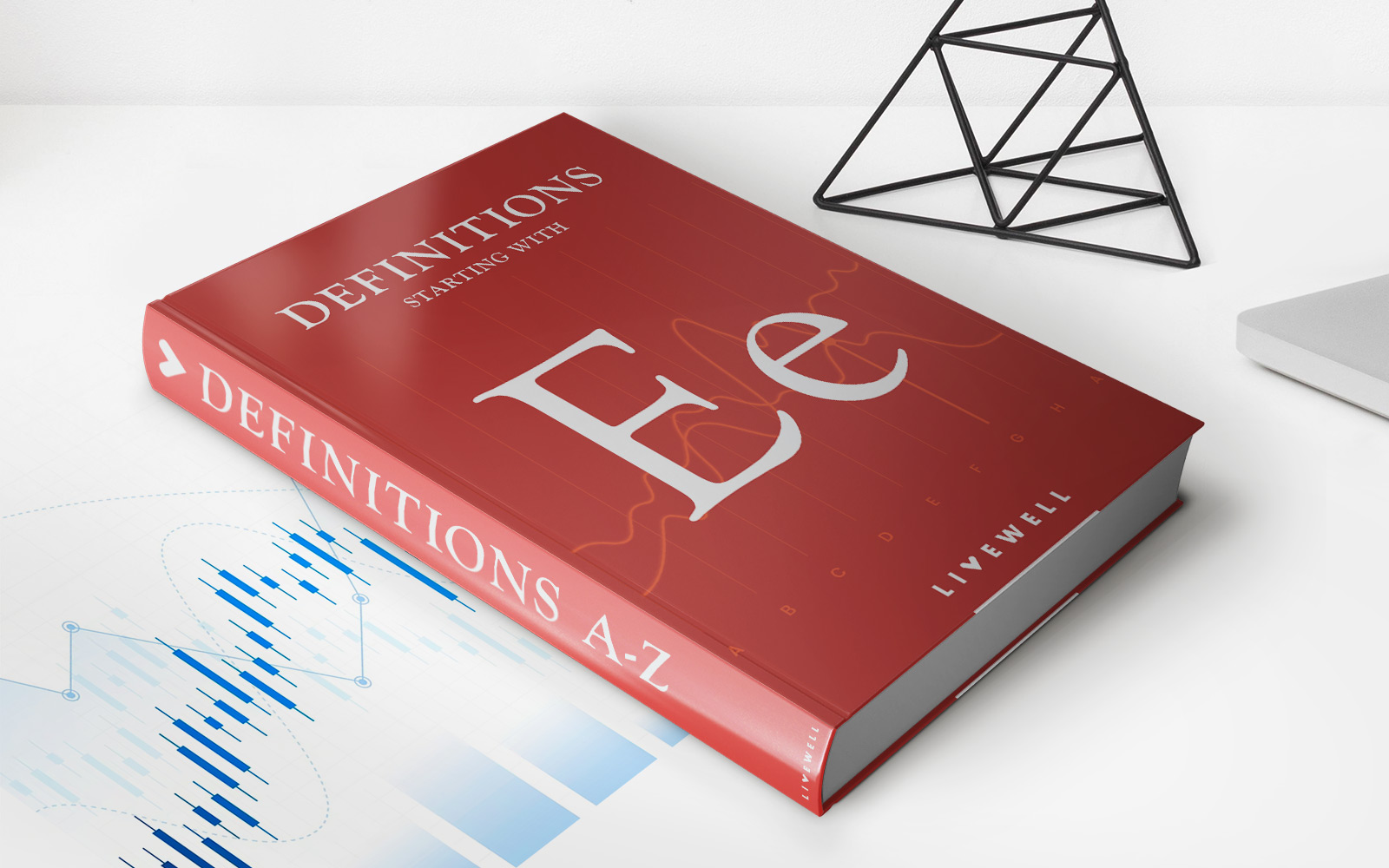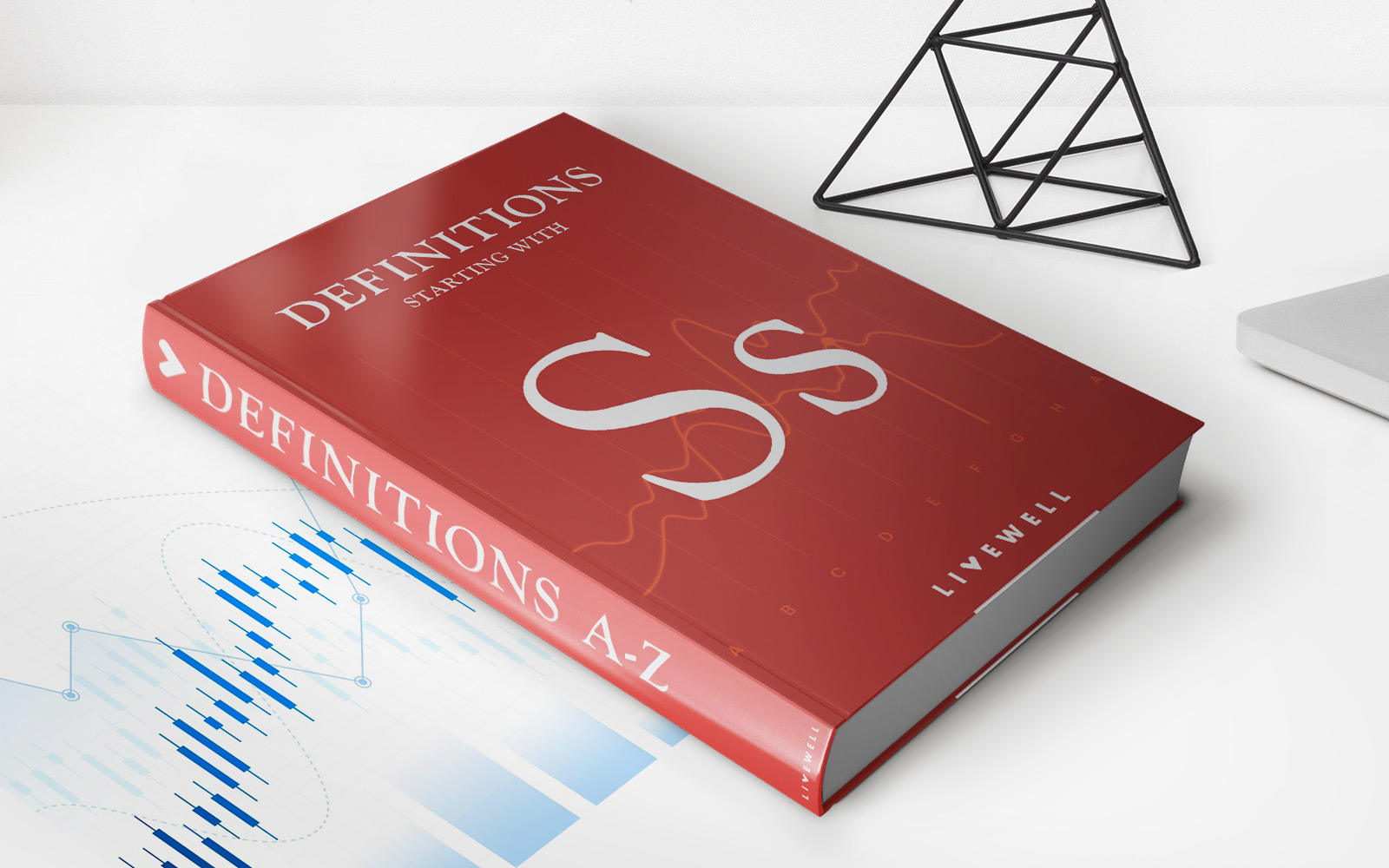Home>Finance>What Was The European Community (EC)? Definition And History
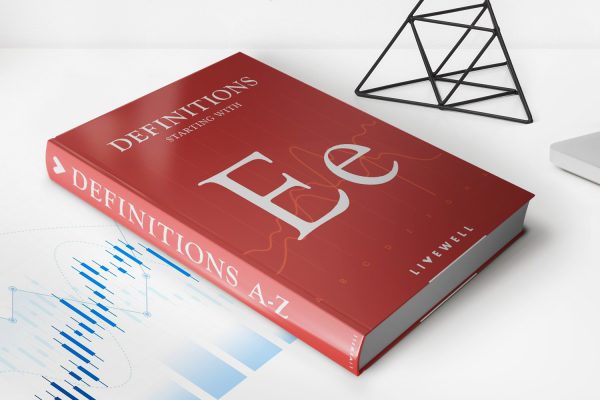

Finance
What Was The European Community (EC)? Definition And History
Published: November 21, 2023
Discover the definition and history of the European Community (EC). Gain insights into its role in finance and the economy.
(Many of the links in this article redirect to a specific reviewed product. Your purchase of these products through affiliate links helps to generate commission for LiveWell, at no extra cost. Learn more)
Exploring the European Community (EC): Definition and History
Welcome to our FINANCE category, where we dive deep into various financial topics. Today, we’re going to explore the European Community (EC), its definition, and its intriguing history. If you’ve ever wondered about the origins and evolution of this influential organization, you’re in the right place. Let’s get started!
Key Takeaways:
- The European Community (EC) was an economic and political union of European nations formed to promote unity and cooperation.
- It evolved into the European Union (EU) in 1993, expanding its objectives beyond just economic integration.
Introduction: Unveiling the European Community (EC)
The European Community, known as the EC, was an organization established with the goal of fostering economic integration and political cooperation among European nations. Historically, it played a significant role in shaping modern Europe, laying the foundation for what would later become the European Union.
The EC originated from the European Coal and Steel Community (ECSC), established in 1951 to regulate the coal and steel industries of its founding member states. The ECSC aimed to prevent war through the integration of key industrial resources shared by its member countries, including France, Germany, Italy, Belgium, Luxembourg, and the Netherlands.
The Evolution of the European Community (EC)
Over time, the EC expanded beyond its initial focus on coal and steel to encompass broader economic integration. This transition was marked by the signing of the Treaty of Rome in 1957, which established the European Economic Community (EEC) and the European Atomic Energy Community (EURATOM).
The EEC’s primary objective was to create a common market, promoting the free movement of goods, services, capital, and people among its member states. This objective aimed to enhance economic growth, strengthen trade relations, and eliminate barriers that hindered economic development. The EEC’s success in fostering economic integration paved the way for an ambitious vision of a united Europe.
In 1993, the EC transformed into what we now know as the European Union (EU) with the signing of the Maastricht Treaty. This change reflected the EU’s expanded scope, encompassing not only economic integration but also political cooperation, foreign policy coordination, and the establishment of a single currency, the Euro.
The Impact of the European Community (EC)
The European Community (EC) played a vital role in promoting peace, stability, and prosperity in Europe. By fostering economic integration and cooperation, it contributed to the relative peace and absence of major conflicts among European nations since its establishment. The EC’s initiatives, such as the free movement of goods and people, facilitated trade, cultural exchange, and the development of a shared European identity.
Financially, the EC played a significant role in boosting economic growth and reducing trade barriers, leading to increased opportunities for businesses and consumers. The creation of a single market allowed companies to expand their operations across borders, benefiting from a larger customer base and increased competition.
Conclusion
With its roots in the European Coal and Steel Community, the European Community (EC) grew into a powerful organization that transcended its original objectives. The evolution into the European Union (EU) expanded the scope of cooperation, including political aspects that aimed to unite Europe in a variety of ways.
By bringing together nations and promoting economic integration, the EC played a vital role in shaping a stable and prosperous Europe. As we continue to witness the EU’s ongoing impact on the global stage, it’s essential to understand the historical foundation that laid the groundwork for this influential organization.
Thank you for joining us on this exploration of the European Community (EC) and its fascinating history. Stay tuned for more insightful articles in our FINANCE category!
